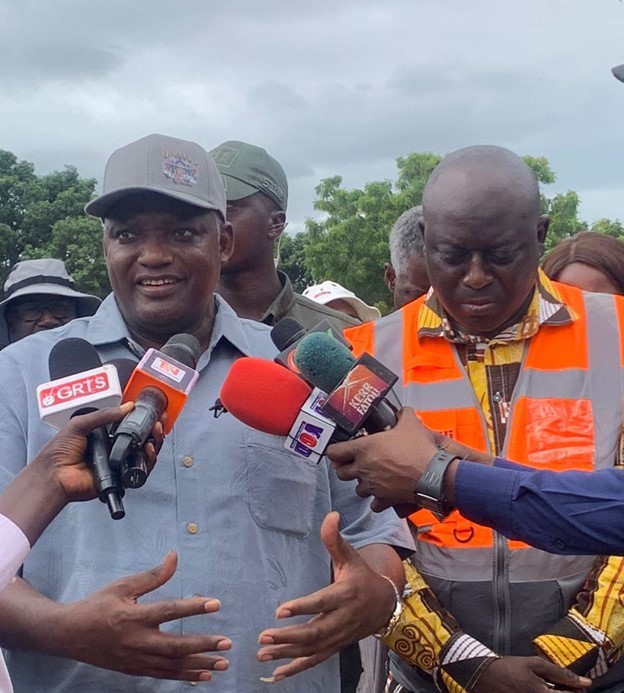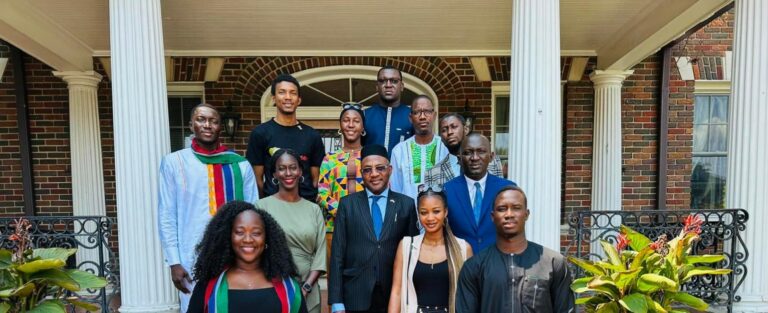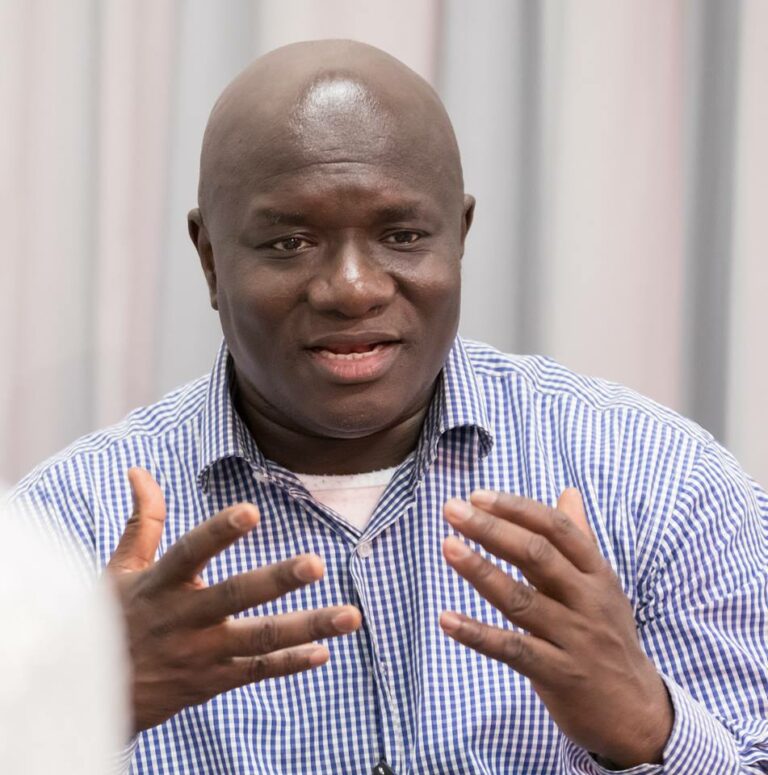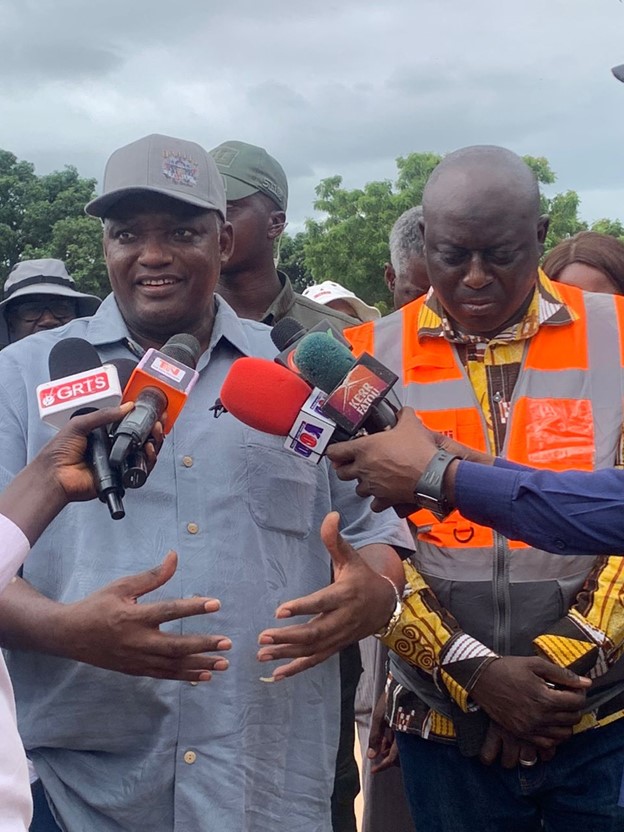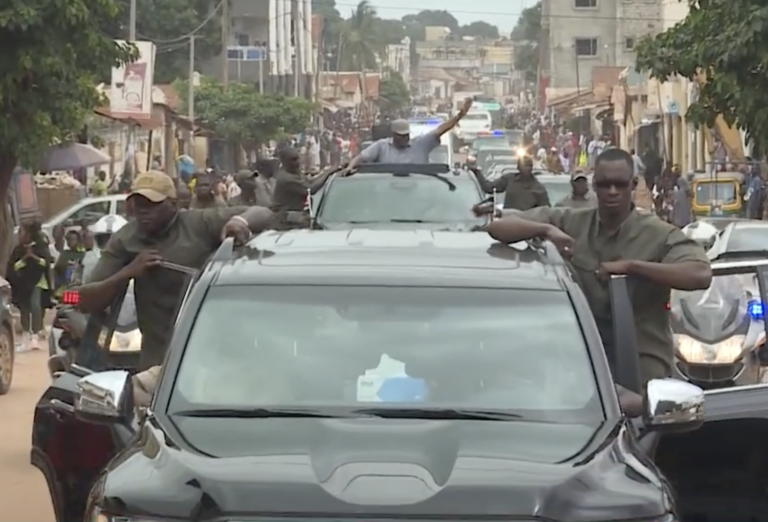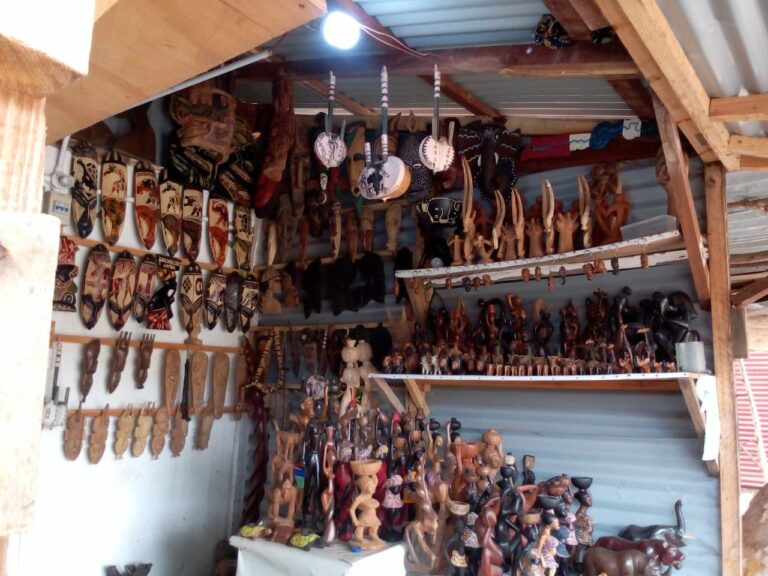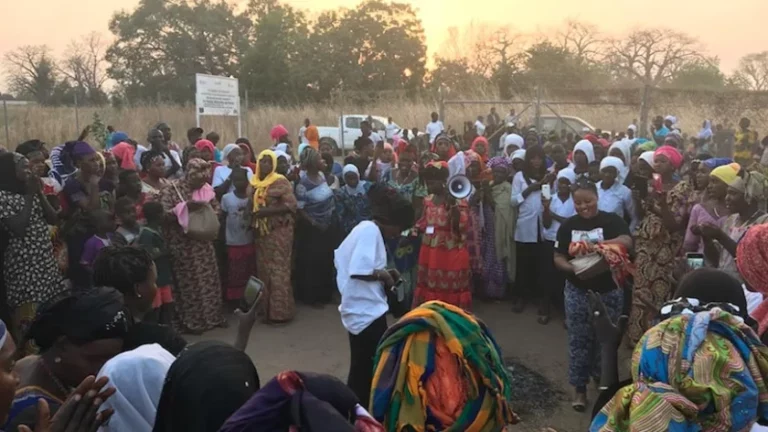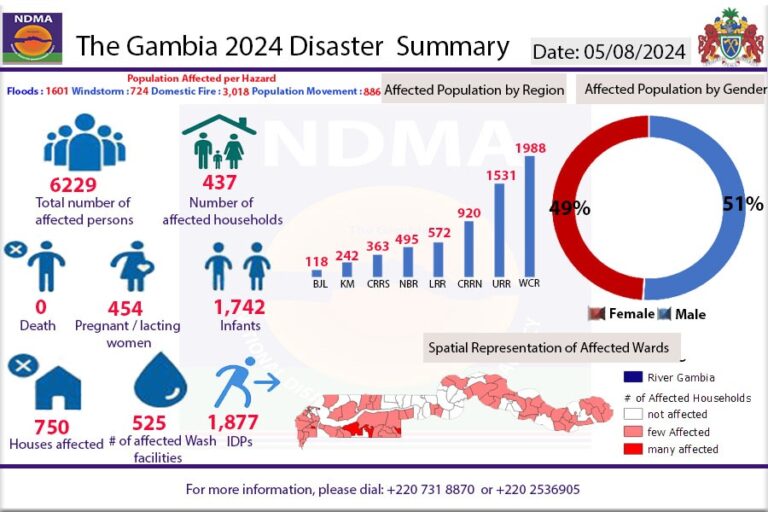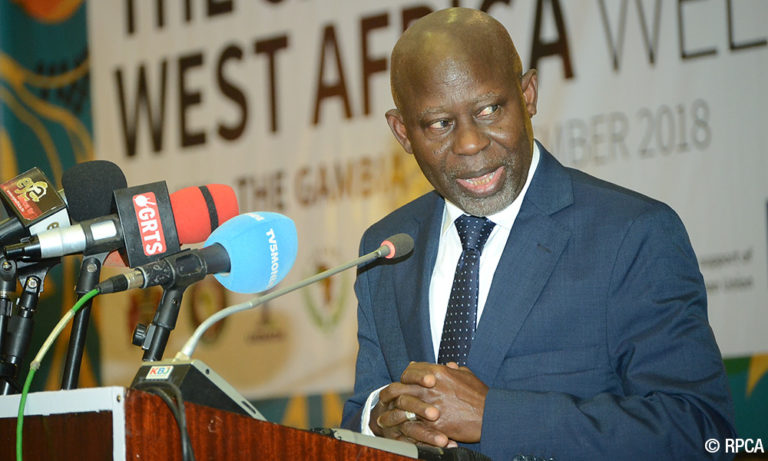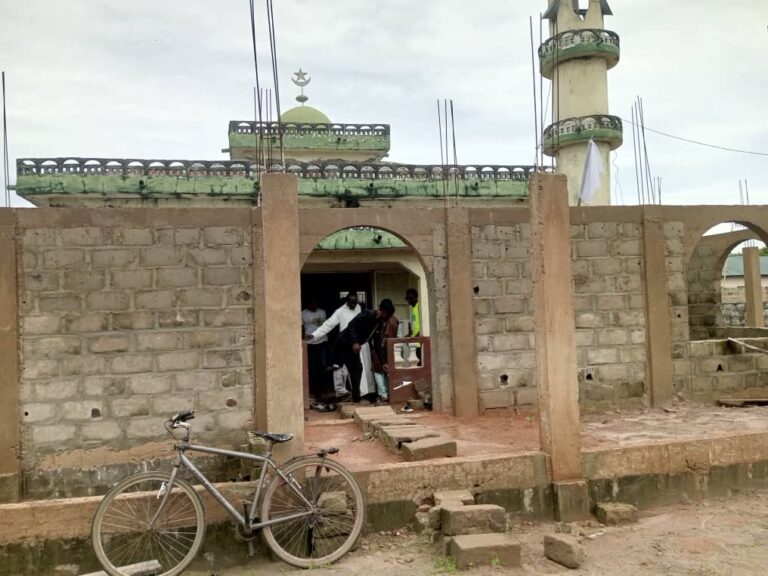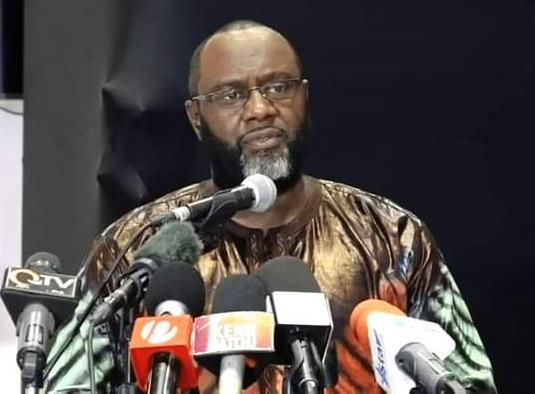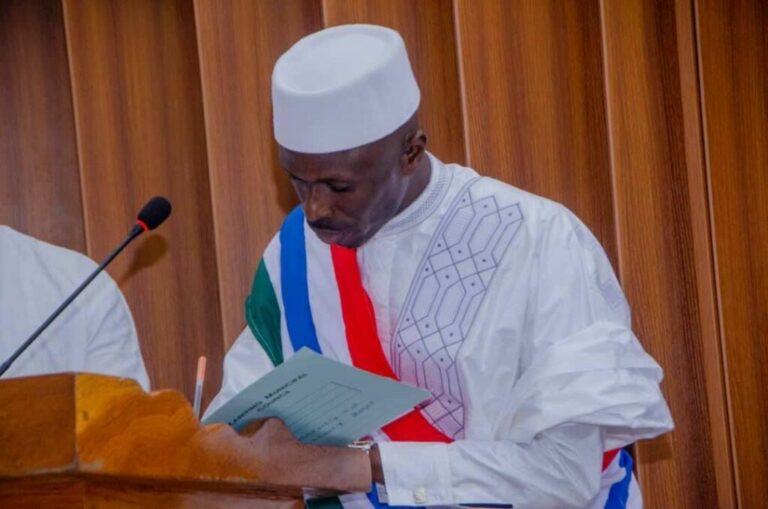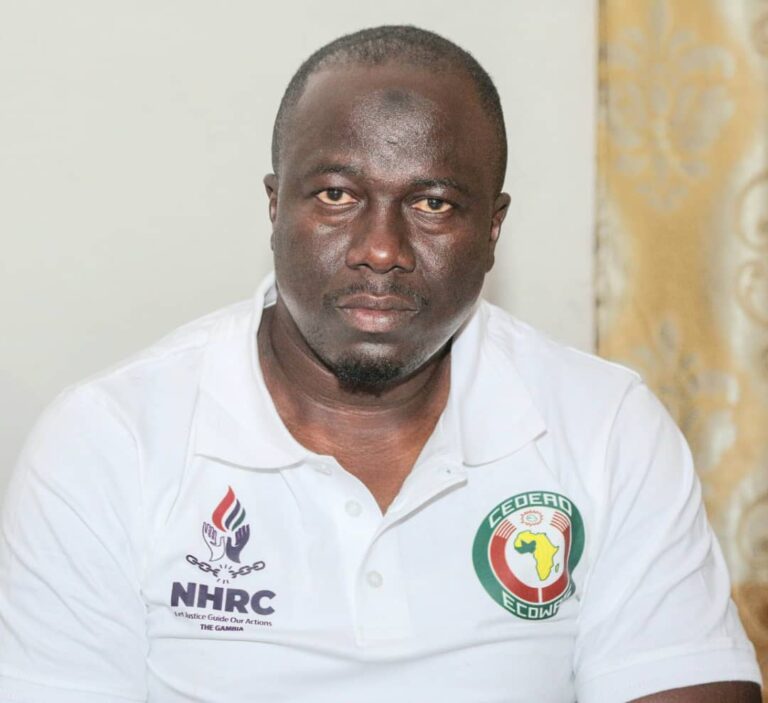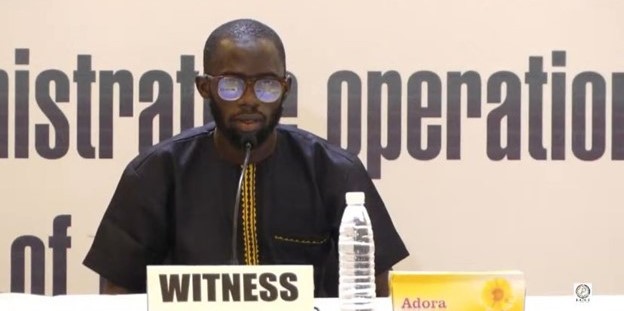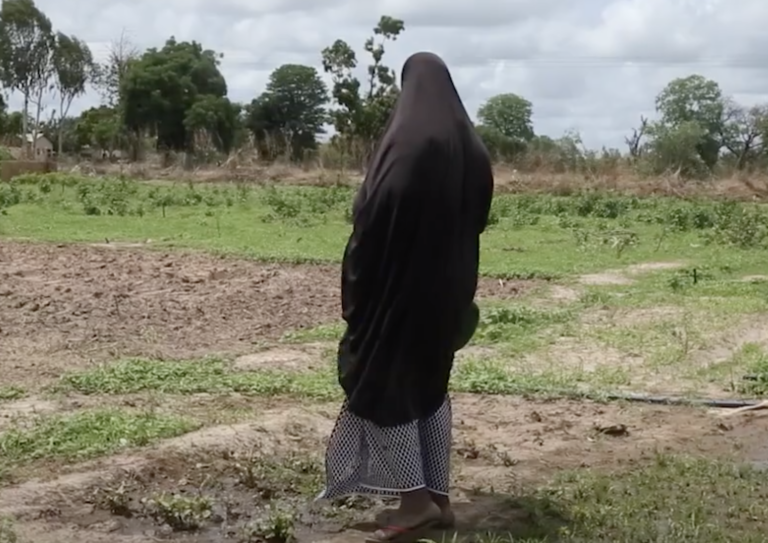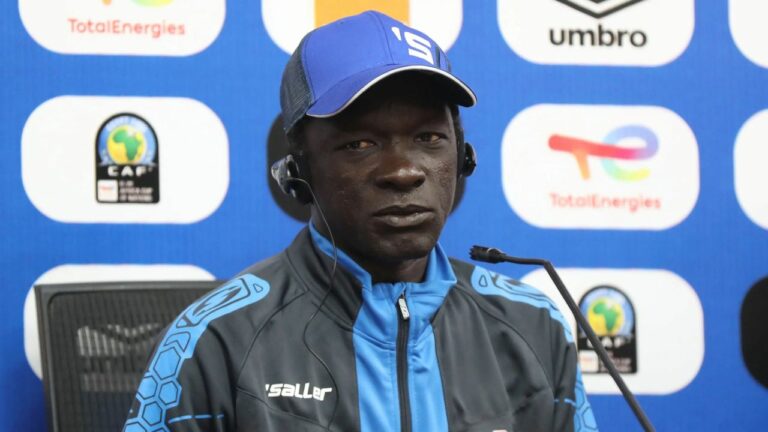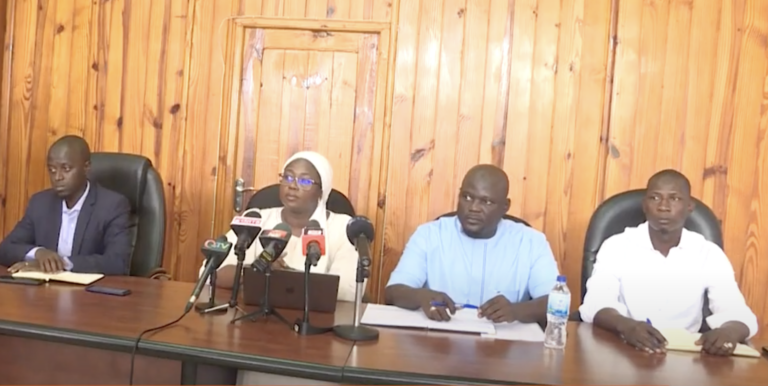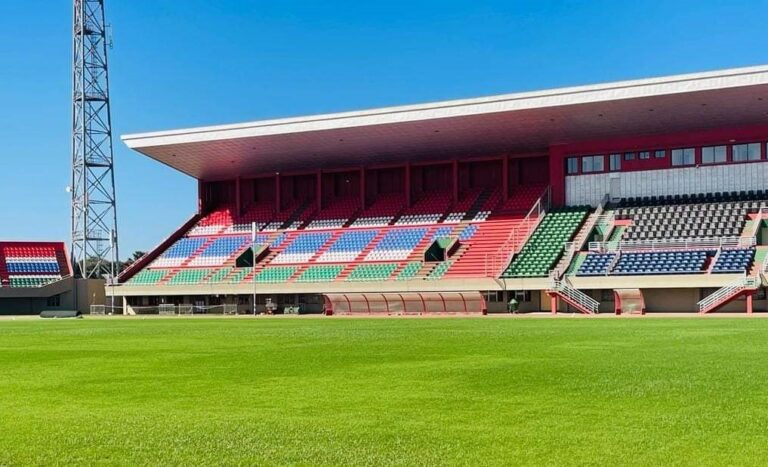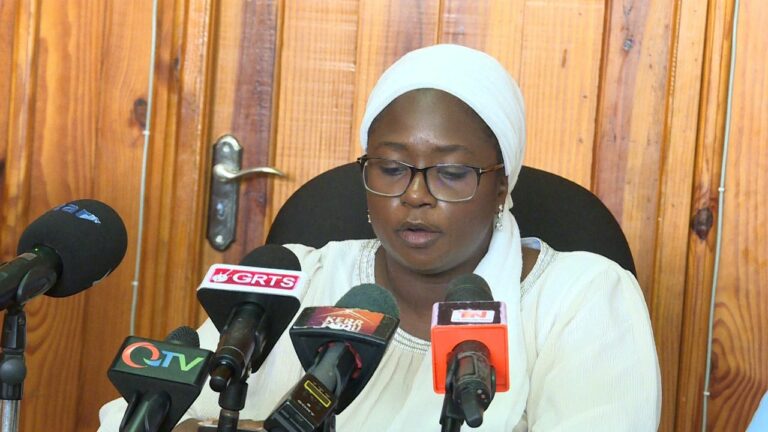By Mama A. Touray
During his daylong visit on Saturday to inspect the 50km OIC roads within the Kanifing Municipality and West Coast region, President Adama Barrow told journalists that the new OIC roads will have security cameras to help curb frequent accidents.
Barrow made this statement when he was questioned about his concern in tackling accidents and protecting the infrastructure.
Responding to this, Barrow told reporters that the Sukuta Jabang roundabout has a vehicle part for highway patrol, stating that this is one of the ways they will protect the road and that there is a lot they will be doing when the roads are completed.
“We will be installing speed bumps; the finishing is coming, and we will have specially trained police with vehicles and motorcycles patrolling the highway both day and night. We will also have security cameras. Allow us a little bit of time, and very soon we will finish and implement everything necessary to ensure that the road and the people are protected,” he said.
President Barrow told the media that his government had initially promised to build 1200km of roads, adding that they might exceed this target due to interest from partners like the World Bank in financing the construction of more roads, which they are currently studying.
“This is the way to do things because this is innovation and social projects. My contract is a social contract, and that is what I am trying to fulfill. People might think that we are politicizing, but we are not politicizing; instead, we want to develop the country because nobody will come and develop the country for us.”
Barrow stressed that people outside the country are happy with his government’s projects and that they are following what his government is doing.
As for the Sukuta road, he said it is very difficult to satisfy human beings, stating that the road was not motorable years ago, which prompted him to ask Gam Works to construct the road for easy accessibility until his government was able to start implementing the OIC roads.
“The road has not started yet. We will do the roads, drainage, street lights, and furniture. So the road has not started yet. I just want to assure them that this road is just to help them so that they can have access to their areas, and that is all we have done. But the proper road has not started. I assure them that it is part of the OIC project, and by 2025 I will come back and they will see the outcome of that road,” he assured.

